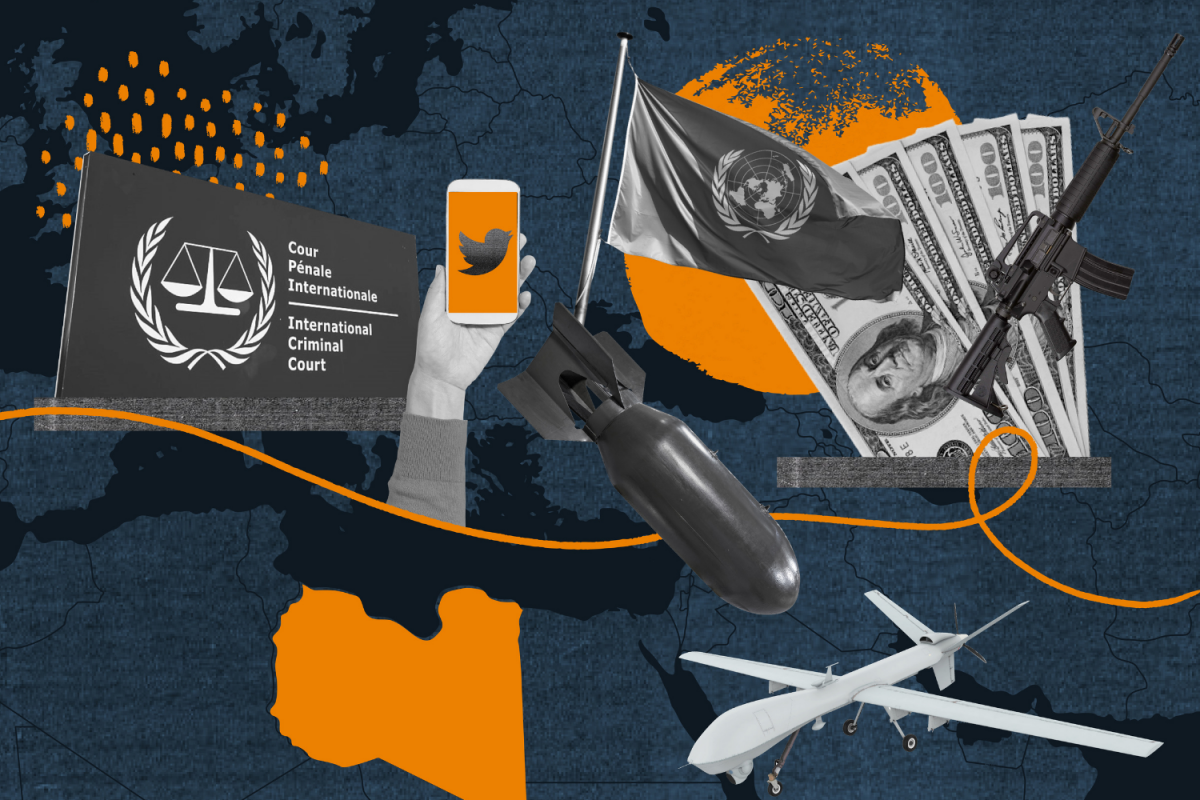
by Elham Saudi & Cristina Orsini, The New Humanitarian
Eleven years ago, courageous women and men took to the streets of Libya with an unflinching desire for human rights, justice, and democracy.
At the time, they were met with an unprecedented international response, ostensibly acting to protect them. The UN Security Council quickly established an arms embargo, a no-fly zone, and a rare referral to the International Criminal Court (ICC); NATO launched airstrikes.
Today, on the anniversary of the day when mass protests against Muammar Gaddafi began, the country's future could not be more precarious. Amidst delayed elections, fragmented governance—as of last week, there are two competing prime ministers—and prospects of renewed conflict, the UN-backed political process that was to set Libya on a path to peace and democracy is unravelling.
The international community has dramatically failed to live up to its promises to support Libya on this journey. In fact, as narrow geopolitical, security, and economic interests have taken center stage, it is making things worse.
Recent Updates
36 min 2 sec ago
18 hours 20 min ago
20 hours 11 min ago
1 day 3 hours ago
3 days 2 hours ago
3 days 19 hours ago
4 days 2 hours ago
4 days 2 hours ago
4 days 2 hours ago
4 days 2 hours ago